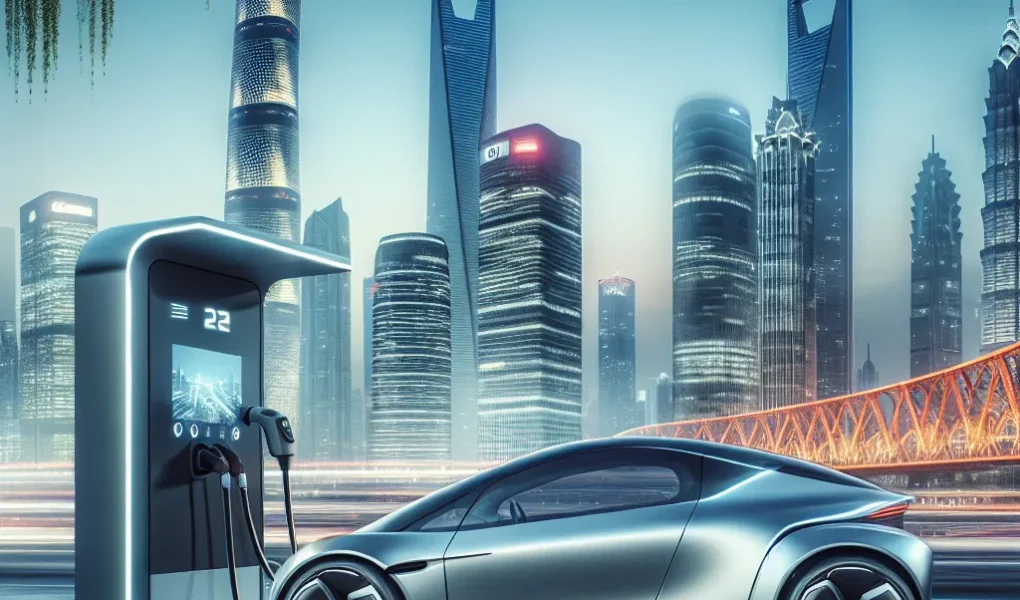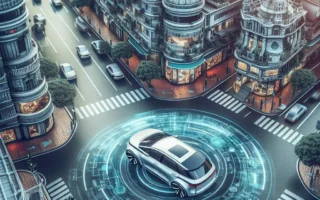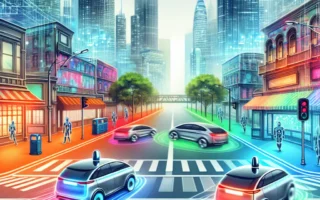Advancements in Electric Vehicle Technology
Electric vehicle technology has been rapidly advancing, bringing about innovative developments that promise a greener and more efficient future for transportation. One of the most significant advancements is the improvement in battery technology, leading to increased energy density, longer driving ranges, and shorter charging times. The shift towards solid-state batteries holds the potential to revolutionize electric vehicles by addressing safety concerns and further enhancing performance.
Furthermore, the ongoing research and development in electric drivetrains have contributed to enhancing the overall efficiency and performance of electric vehicles. The emergence of more compact and powerful electric motors, coupled with advancements in power electronics and vehicle control systems, has led to significant improvements in acceleration and range, narrowing the performance gap with traditional internal combustion vehicles.
In addition to technological advancements, the growing infrastructure to support electric vehicles, including an expanding network of charging stations and the implementation of wireless charging technology, has been a crucial area of development. These advancements aim to address the range anxiety of consumers and promote the widespread adoption of electric vehicles.
However, despite these advancements, challenges such as the environmental impact of battery production, the sourcing of raw materials, and the overall lifecycle sustainability of electric vehicles remain significant concerns that require concerted efforts to address. Overcoming these challenges will be essential in ensuring that the future of electric vehicles is truly sustainable and environmentally friendly.
In conclusion, the advancements in electric vehicle technology, ranging from improvements in battery technology to the expansion of charging infrastructure, have paved the way for a promising future of sustainable transportation. As research and development continue to drive innovation in the electric vehicle sector, addressing the remaining challenges will be crucial in realizing the full potential of electric vehicles and accelerating the transition towards a cleaner and more sustainable mobility landscape.
A Look into the Future: The Evolution of Electric Vehicles
As we look into the future, the evolution of electric vehicles (EVs) holds great promise and potential. Advancements in technology and infrastructure are reshaping the automotive industry, paving the way for an electric revolution. One of the key developments driving this evolution is the ongoing improvement in battery technology. The quest for higher energy density, faster charging times, and longer battery lifespan is propelling the capabilities of electric vehicle batteries to new heights.
Furthermore, the integration of smart and interconnected features is set to transform the driving experience. With the rise of autonomous driving technologies and the Internet of Things (IoT), electric vehicles are becoming more than just transportation devices – they are evolving into sophisticated, data-driven platforms. This transformation is not only redefining the relationship between vehicles and drivers but also revolutionizing the concept of mobility as a whole.
However, the evolution of electric vehicles also comes with its own set of challenges. The need for widespread charging infrastructure, efficient battery recycling systems, and sustainable battery production practices are among the critical hurdles that must be addressed to ensure the long-term viability of electric vehicles. Additionally, concerns regarding the environmental impact of battery materials and the sourcing of raw materials for their production remain key areas of focus for industry stakeholders.
In summary, the future of electric vehicles is rife with possibilities, driven by technological advancements and innovative solutions. However, addressing the associated challenges will be crucial in realizing the full potential of electric vehicles and ensuring a sustainable, eco-friendly transportation landscape.
Overcoming Challenges: The Path Ahead for Electric Vehicles
As electric vehicles (EVs) continue to gain traction in the automotive industry, there are several challenges that need to be addressed to ensure a smooth transition to a future dominated by electric mobility. One of the primary challenges is the development of infrastructure to support widespread EV adoption. This includes the expansion of charging networks and the integration of renewable energy sources to power these vehicles. Additionally, advancements in battery technology are crucial to enhance the driving range and reduce the cost of EVs. Manufacturers are investing heavily in research and development to overcome these hurdles.
Another significant obstacle is the recycling and disposal of EV batteries. As the number of EVs on the road grows, there is a need for sustainable solutions to handle battery waste. This necessitates the establishment of efficient recycling processes and the exploration of second-life applications for used EV batteries, such as energy storage.
Furthermore, consumer education and acceptance play a pivotal role in the widespread adoption of electric vehicles. Addressing concerns about range anxiety, charging times, and the overall ownership experience is vital to attract more consumers to embrace EVs. Government incentives and policies also play a crucial role in promoting the adoption of electric vehicles and fostering a supportive environment for manufacturers and consumers alike.
In conclusion, while there are challenges ahead, the future of electric vehicles appears promising. Continued advancements in technology, coupled with collaborative efforts from industry stakeholders and policymakers, will pave the way for a sustainable and efficient electric mobility ecosystem.



